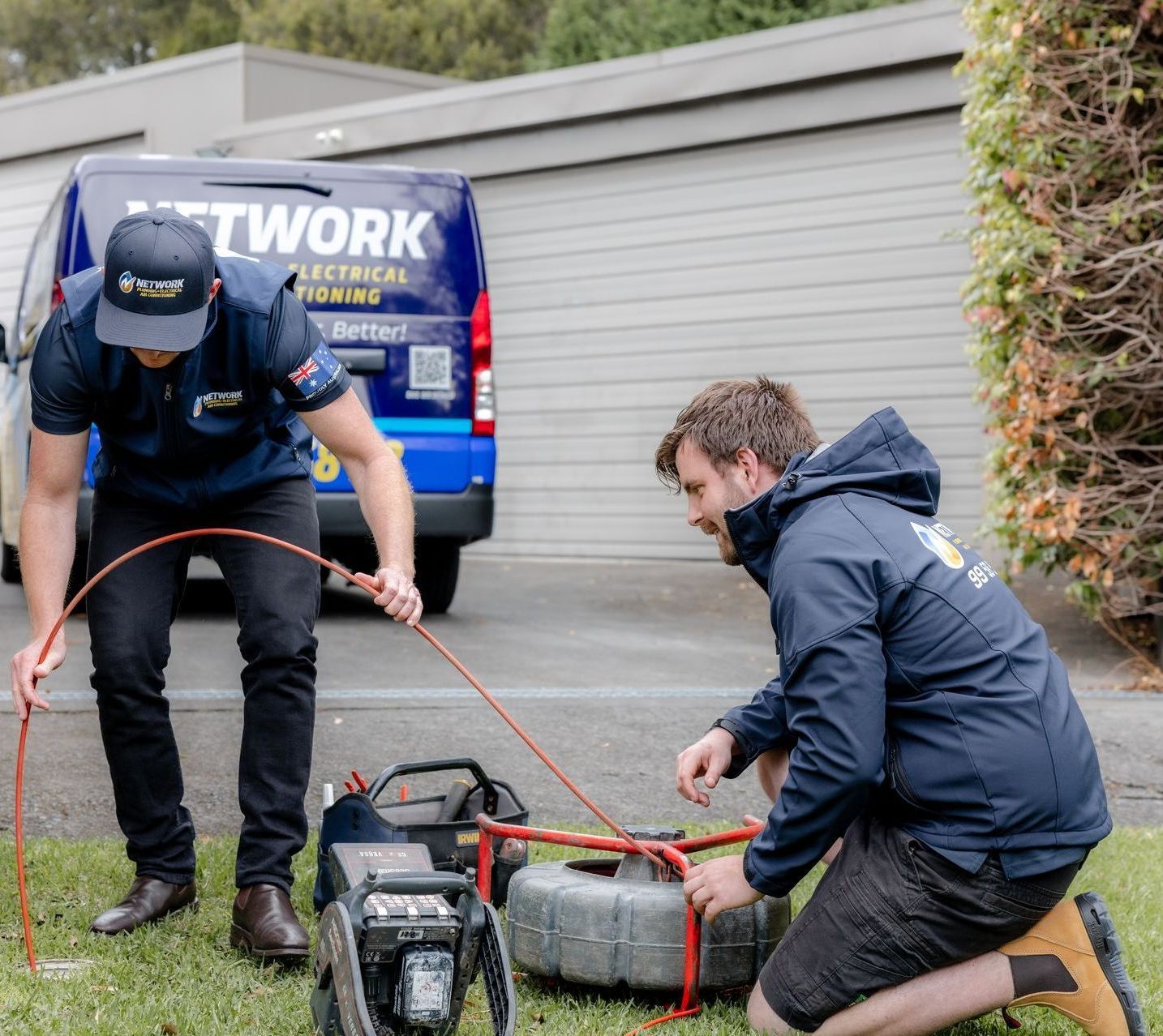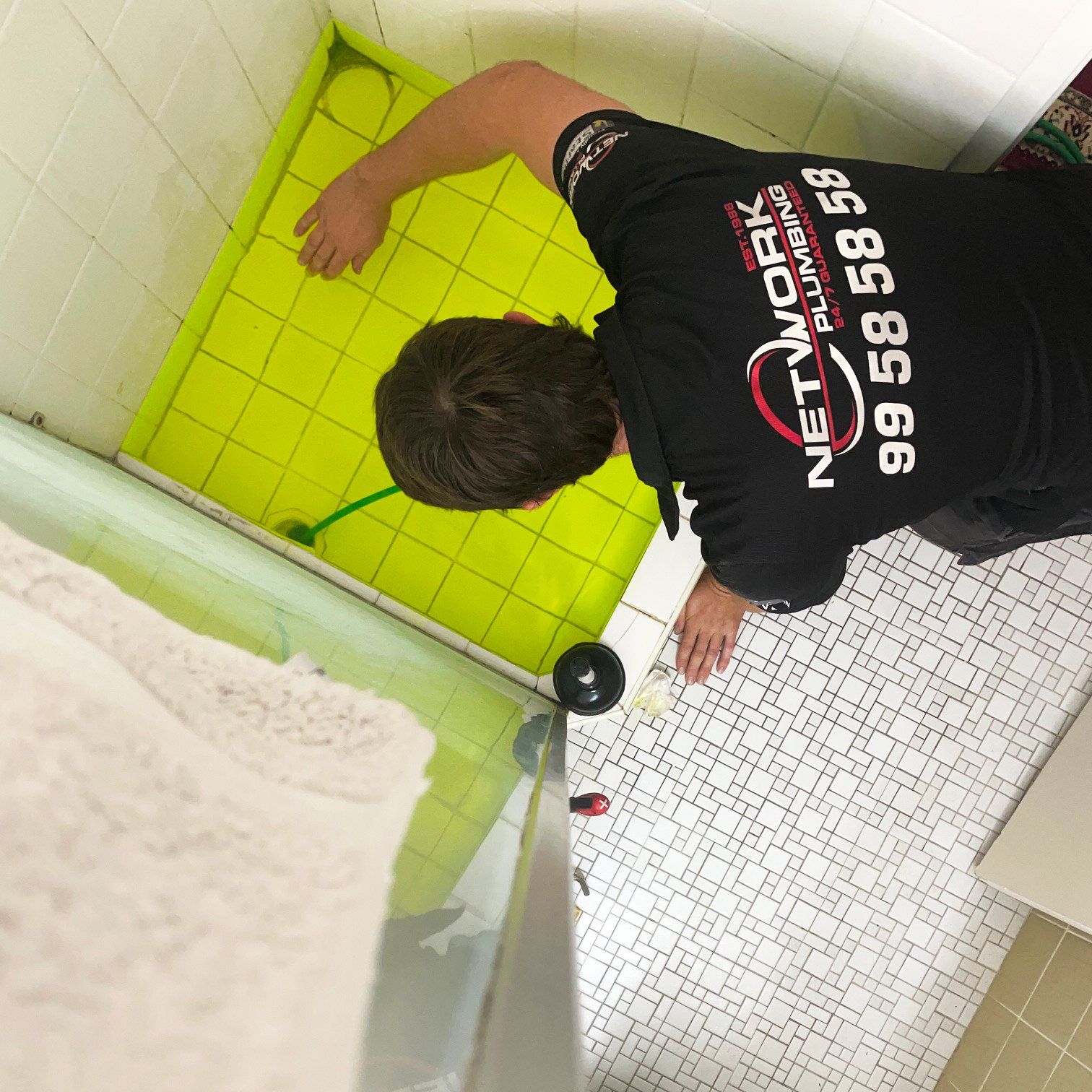Hot Water Safety At Home | Network Know How
Why Hot Water Safety Should Be On Your Mind
Safety at home in all disciplines is important. I mean, it's a given isn't it, that our goal is to keep all our loved ones safe at home. We are a plumbing company of course, so our mind naturally wanders to safety beyond hot drinks, hot foods and cooking oils (while still very important) to hot water and in turn hot water systems in your home.
For this article, our focus is on hot water safety and plumbing in your home. The Australian government introduced legislation to regulate hot water standards to help prevent hot water generated by hot water systems from causing severe scalding to any member of the household, especially small children.
Hot water safety will help to prevent dangerous hazards like serious burns or legionnaires disease, this is exactly why hot water safety and the latest plumbing regulations should be on your mind.
Hot Water Systems & Safety Regulations
Hot Water Temperature
Severe scalding is one of the most serious, painful and long-term injuries one can suffer from. Scalding from hot water can happen very quickly depending on the temperature of the hot water. The Australian hot water standard for a maximum temperature supplied by your hot water system to your hot water tap should be no higher than 50 degrees celsius. Instead of your hot water temperature sitting over 60 degrees in your bathroom, regulations stipulate a maximum of 50 degrees for the delivery temperature of hot water.
The legislation was passed in the NSW State Parliament that all new hot water system heater installations are to be fitted with a temperature control device, otherwise known as a tempering valve or a thermostatic mixing valve.
Why? Well, this is where the facts become interesting. Your stored hot water tank needs to sit at an average degree of 60. A stored hot water tank temperature at 60 degrees will prevent legionnaires disease from forming inside your storage hot water tank. And as the new Australian hot water legislation for hot water safety and in turn, hot water systems require the delivery of hot water to be no higher than 50 degrees... a tempering valve is essential!
We need to level off the temperature to meet the current requirements for hot tap water. Reducing that 60 degrees down to 50 degrees for all hot tap water available in the household is needed.
Temperature Control Device - Water Safety
Tempering Valve, Australian Hot Water Standards & Hot Water Systems
A tempering valve will efficiently mix the stored hot water in your hot water heater with cold water to bring the temperature down to 50 degrees. The delivery temperature for hot water by plumbing regulations should not exceed 50 degrees... when your hot water becomes your tap water that is.
A tempering valve is a safety device, kinda like a safety gate - and an important component of your hot water heater system. The best first aid you can provide is to install a tempering valve, being proactive about the many dangerous hazards of hot water is wise. Why do we have Australian hot water standards? To avoid the incidents like severe scalding, especially when young children, older children, the elderly... actually anyone in your household for that matter.
Thermostatic Mixing Valve
A thermostatic mixing valve is designed to give you greater control of your hot water safety at home. For example, just say... your young child or young children are in the bathroom. The bathroom door closed, hot running water... accidents can easily occur.
A thermostatic mixing valve can be set for a particular area hint, hint... bathroom door closed kinda situation, to limit the impact of the dangers of hot water. You may want to set the maximum temperature supplied to the bathroom at 43 - 38 degrees while still maintaining that 50 degrees mark for hot water in the kitchen sink.
Facts on Australian Hot Water Standards And Delivery Temperature
Understanding the severe scalding that can occur is the first step. Seeing the impact of reducing the temperature of your hot water really helps to give clarity to the new regulation. It is also important for you to understand that it doesn't take boiling water or a hot drink & hot liquid to cause a burn.
Burn rates and hot water are listed below:
68 Degrees Celsius - 1 Second To Produce a Burn
60 Degrees Celsius - 5 Seconds To Produce a Burn
52 Degrees Celsius - 1 Minute To Produce a Burn
48 Degrees Celsius - 5 Minutes To Produce A burn
38 Degrees Celsius - Safe Bathing Temperature
The cooler the hot water temperature is, the longer it will take to burn or scold the person involved. You are buying yourself time, the more cold water is mixed in, the better. Hot liquids like hot water can seriously damage the skin, that's exactly why the output temperature is set at 50 degrees and no higher.
What If I Don’t Want To Have My Hot Water Temperature Restricted?
Such a good question. It can be an adjustment when your hot water system is now delivering a lower set temperature. Unfortunately, like a swimming pool fence, it is a mandatory requirement that if not adhered to, you will be breaking the law. A licensed professional plumber will not install a new hot water heater without a tempering valve.
It may take a little adjusting, but safety is key here. All for the greater good!
The Important Step Of Hot Water System Servicing
Hot water safety includes a well-maintained hot water system. Life is a bit easier if you have recently installed a new hot water heater. Why? With an all-new hot water system installation, a tempering valve is required. A licensed plumber can not install your hot water system without ensuring it meets the plumbing code, AS3500. It's the Australian hot water law.
But remember, even if you have an old hot water system or a new hot water system, they are not a set-and-forget appliance. Regular servicing of your hot water system is wise. With a regular service of your hot water system, faults will be picked up early. Meaning danger and repairs can be minimised. Whether it's a faulty tempering valve, leaking hot water from the hot water tank, fluctuating hot water temperature or just an old system that is due for replacement... none of these should be ignored.
Hot Tap Water
Your hot water system works hard to get that hot water flowing throughout the home. When we turn on the hot water tap we expect hot water to come out right away but sometimes it takes a little longer or is not as hot as we would have hoped. Why? Your hot water system may be located at one end of the house and your kitchen at the other, which means it takes a little longer for that hot water to travel to your kitchen and assist with washing up or top-up your hot drinks.
It can be so tempting to get the TPV removed in order to have the temperature of the water suit the needs of the kitchen or other appliances, however, it's easy to forget that young children have access to hot water taps and are at risk of potential burns which can be dangerous and life-changing for them.
It is important to teach your young children how to operate hot water and cold water taps and that it is important to mostly run cold water when washing their hands. This is to minimise the chance of scalding. It is always important to have a first aid kit in your home which includes burn creams in the case of a burn. It is important to have a quick response when it comes to burns. You can run cold water on the burn until you are able to locate an ice pack to cool down the hot skin.
Following Our Easy Hot Water Safety Checklist
- Licensed Plumber - Always engage a licensed plumber with all your hot water needs.
- Tempering Valve - Make sure your hot water tank is fitted with one of these safety devices.
- Regular Service Of Hot Water System - Make sure your hot water system is serviced.
- Reduce Risks For Small Children - Aim to keep young children away from all hot water systems.
At Network Plumbing, we are dedicated to supplying and maintaining your hot water heating system for 100% satisfaction and safety. For further information on these Australian government hot water laws, or for some hot water safety tips, please contact our office on 9023 3232.
You might also like





